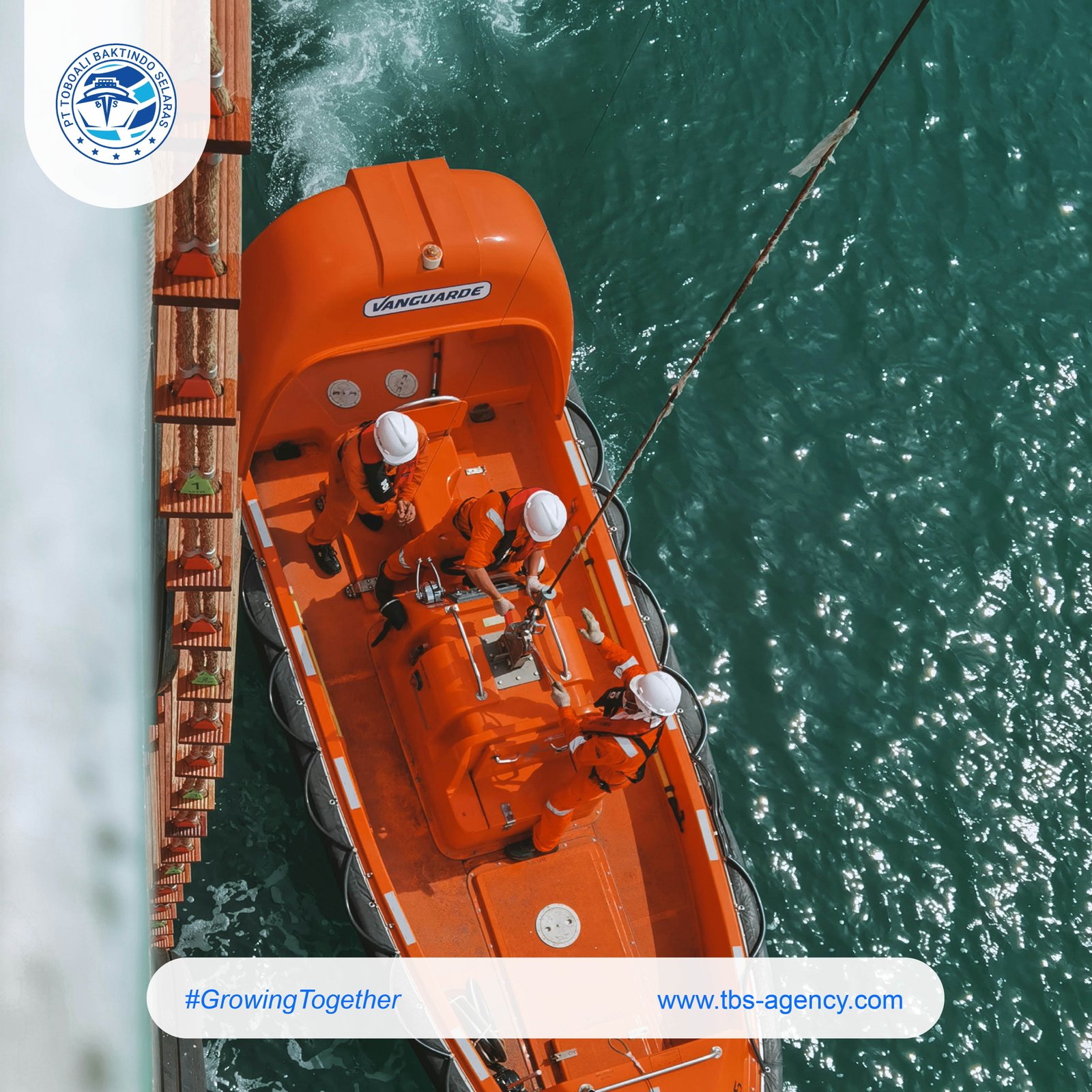Detail News



Safety is not a choice in the realm of shipping and maritime operations; it is a necessary absolute. Whether over calm or stormy seas, every journey depends on a strongly rooted culture of safety that preserves life, property, and the surroundings.
Maritime safety goes much beyond following world standards. From cadets to senior officers, everyone on board must have a proactive attitude, be always vigilant, and pursue constant education. Daily choices, routines, and the common conviction that every action, no matter how tiny, counts toward true safety help to create this state.
First foundations of marine safety are training and preparation. Updated certifications, regular drills, and emergency simulations guarantee that every crew member not only knows processes but also can act intuitively under pressure. Being ready can make all the difference between control and anarchy in trying circumstances.
Additionally essential is communication. A society in which issues are brought forth honestly and difficulties are resolved quickly makes the surroundings safer for all. Effective briefings, clear reporting lines, and cross-functional collaboration among the departments of deck, engine, and hospitality help to create a coherent safety net covering the whole vessel.
Also very important are physical and mental health. Poor health, stress, and tiredness can all damage a seafarer's capacity to handle crises. By means of appropriate relaxation, good living arrangements, and mental health awareness, supporting the general welfare of the crew immediately improves onboard safety standards.
Furthermore playing a growing importance is technology. Advanced navigation systems, safety alerts, and automated monitoring tools abound aboard modern boats. Technology, however, is only as good as the users of it. The core of marine safety is still human competency; hence, it is imperative to teach sailors to not only run but also question and check automated systems.
Safety has to be ultimately everyone's shared duty. The captain, the safety officer, or the company have other responsibilities beyond this one. Every team member lives out this shared commitment daily, which starts at recruiting and is reinforced by constant education.
When safety is considered as a fundamental principle to live by rather than as a guideline to follow, the maritime sector proishes. Every safe arrival is evidence of the professionalism, commitment, and awareness of seafarers who put safety first.
In shipping, safety is the essential core of success rather than only good habit.